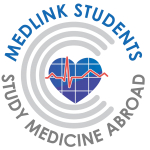
Located in: Poland
















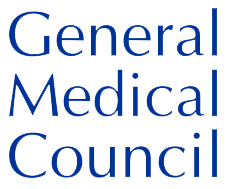





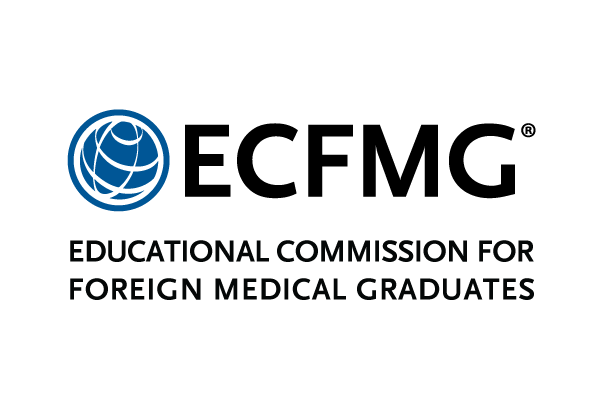



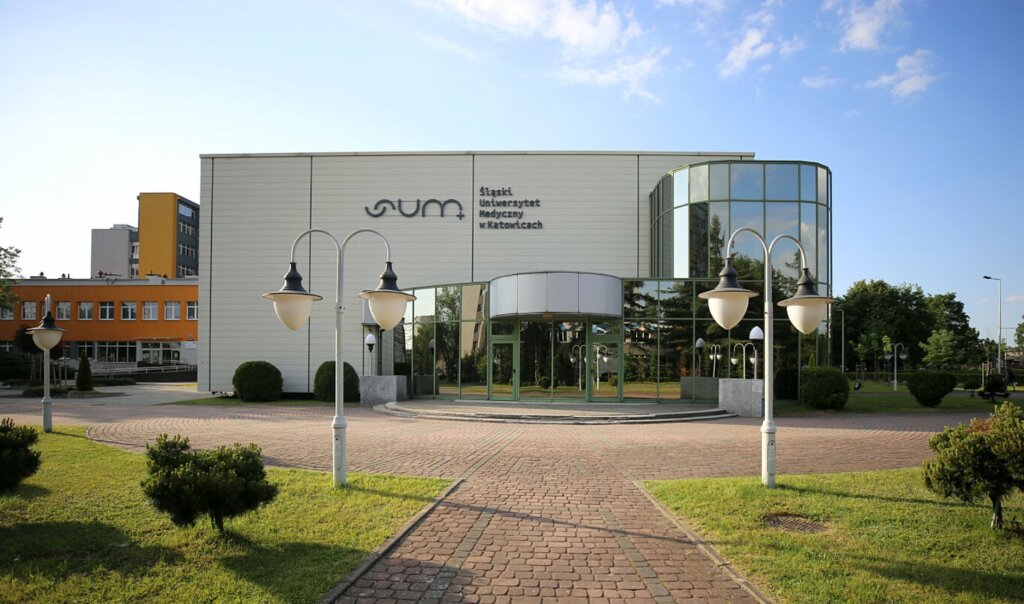

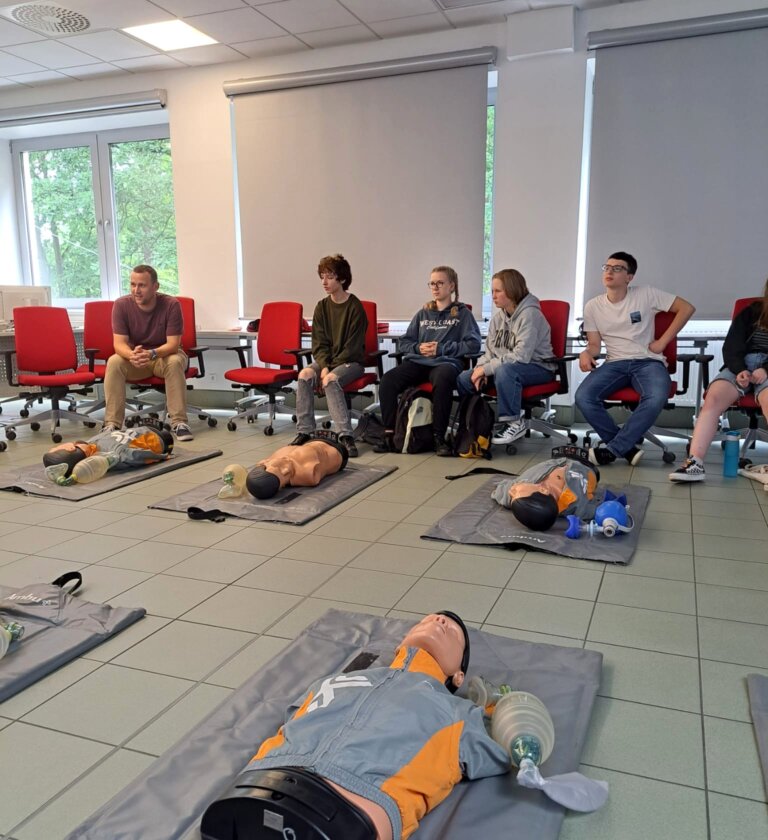

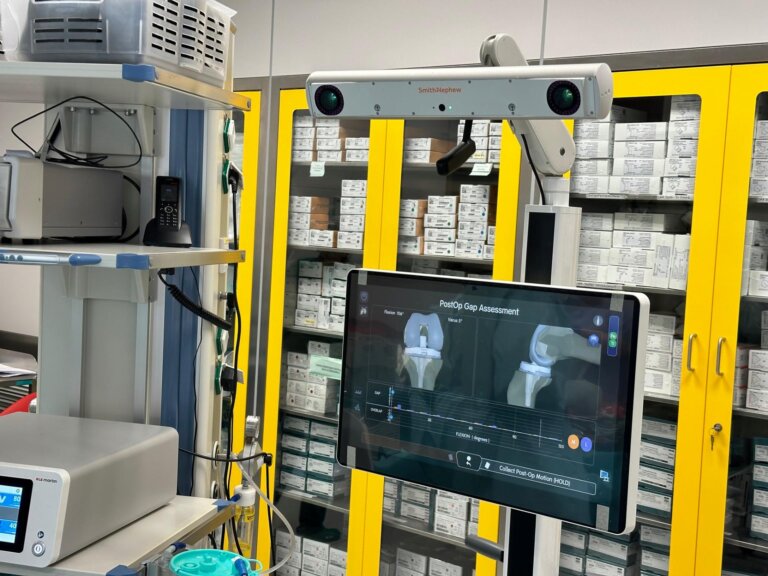

The medical university of Silesia in Katowice is currently the largest medical school in Poland. It was established a few years after the end of World War II in 1948 due to the increased demand for medical doctors. In a few years, the number of students grew to over 2000.
The English language programme was introduced back in 1996, so the school has a long-standing experience of teaching international students. Since then, it has educated and produced thousands of medical professionals who are practising the profession all over the world.
Since its existence, the Medical University of Silesia has educated more than 50,000 healthcare specialists, 25 000 of which are physicians.
Currently, the total number of students in the university is 10,218, five hundred of which are enrolled in the English Medicine program. It’s undoubtedly one of the top choices for studying medicine in Europe.
Silesia University address is Bankowa 12, 40-007 Katowice, Poland.
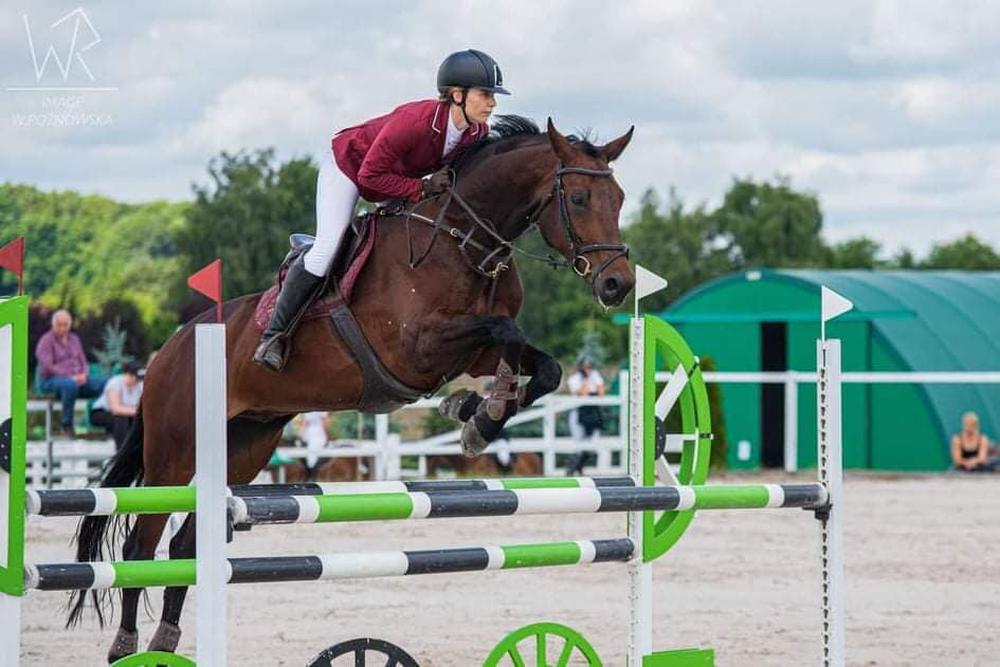

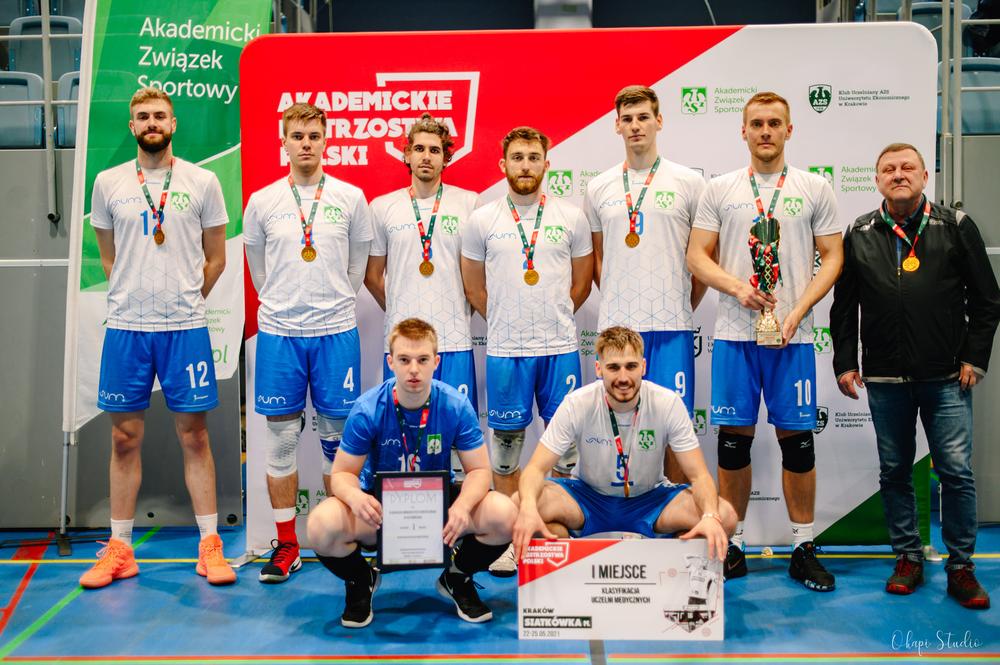

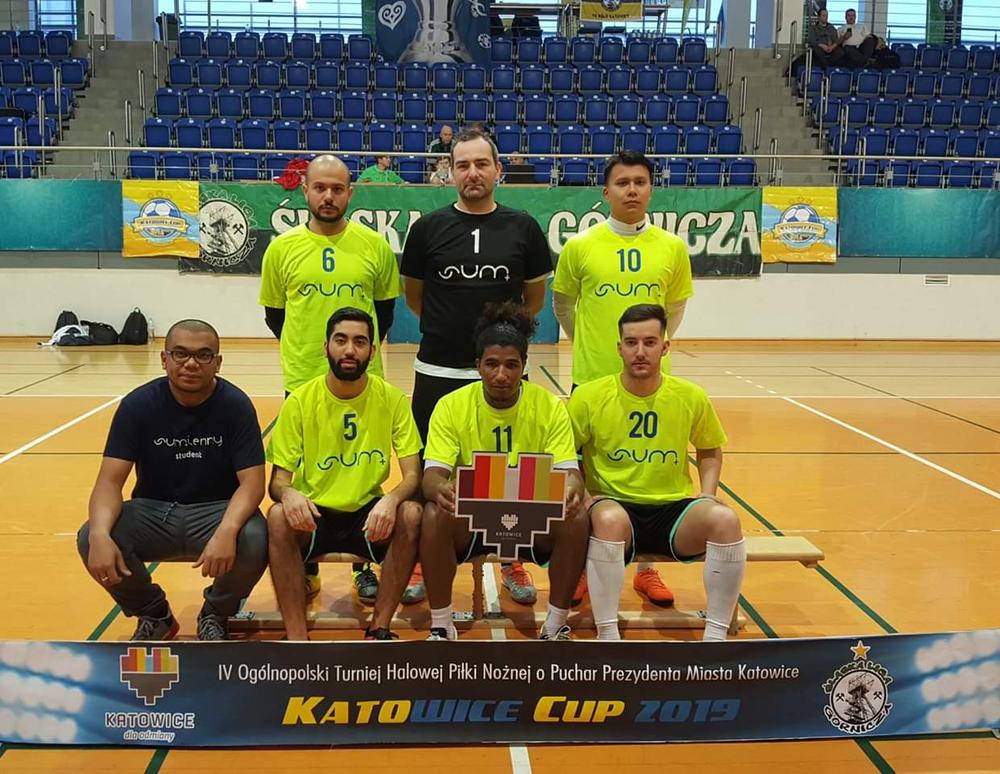

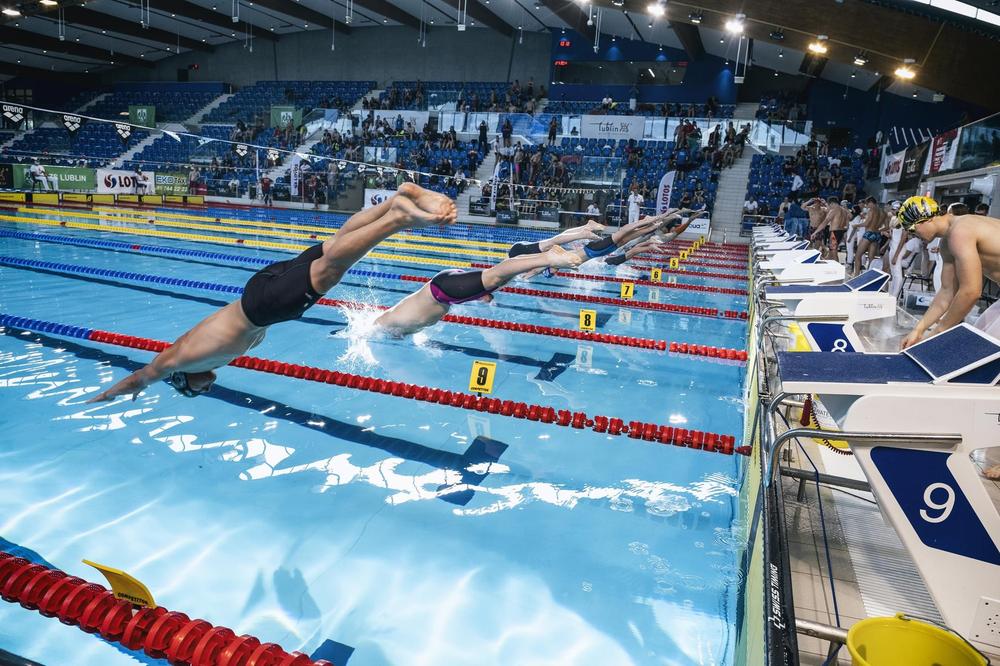

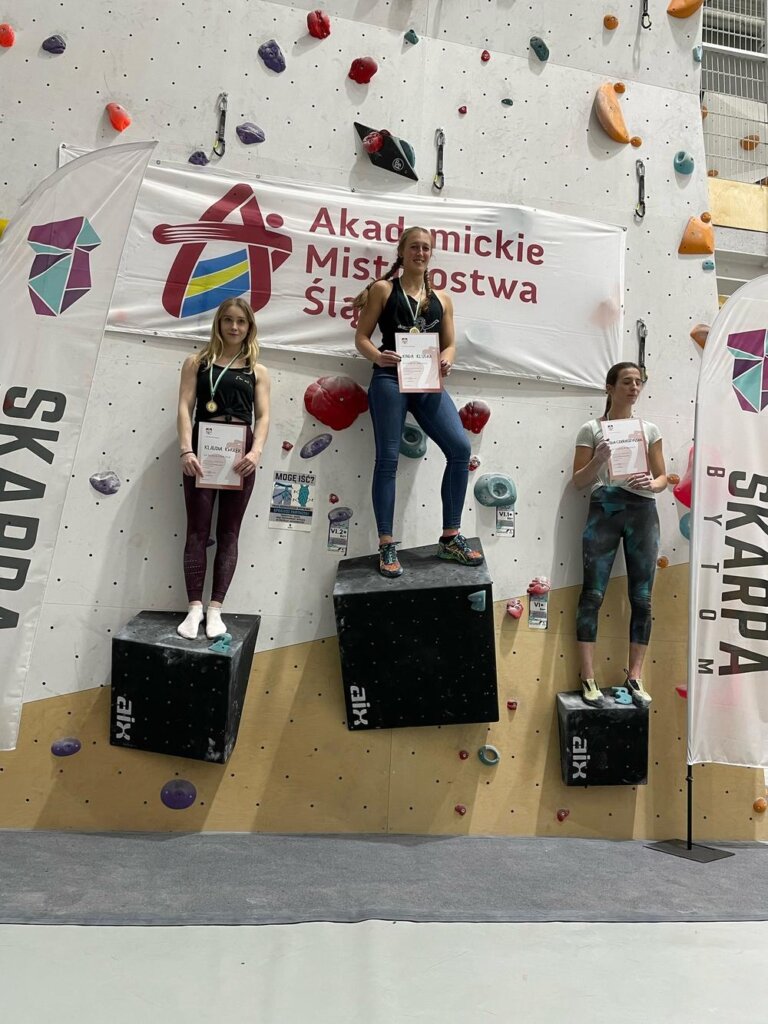

Students at the Medical University of Silesia can opt for various extracurricular activities. They have the opportunity to participate in scientific contests such as POP Science, part of the Silesian Science Festival. The university also offers clerkship programs for medical students who prefer to remain in Poland for the summer.
Furthermore, there is a summer camp just before the beginning of the Autumn Semester. The camp is an excellent opportunity for first-year students to integrate and make friends with their future colleagues.
There are excellent sports facilities on the university’s grounds. Students can join competitive teams or play for recreation. Athletic doctors can show off their skills in volleyball, basketball, football, cycling, and various track sports.
The Academic Sports Association (AZS) organizes local, national and international sports contests and events on an annual basis. The association also trains students for major competitions like the Academic Championships of Silesia and Poland.
The university offers a comprehensive study program for:
Contact us now and get a free consultation with an expert advisor who will explain all the details to you.


Applicants are evaluated based on their biology and chemistry or physics high school grades. They also have to sit an entrance exam which would determine the candidate’s admission.
The Medical University of Silesia offers 2 intakes throughout the year:
*Please verify program availability with your advisor, as it is subject to change.
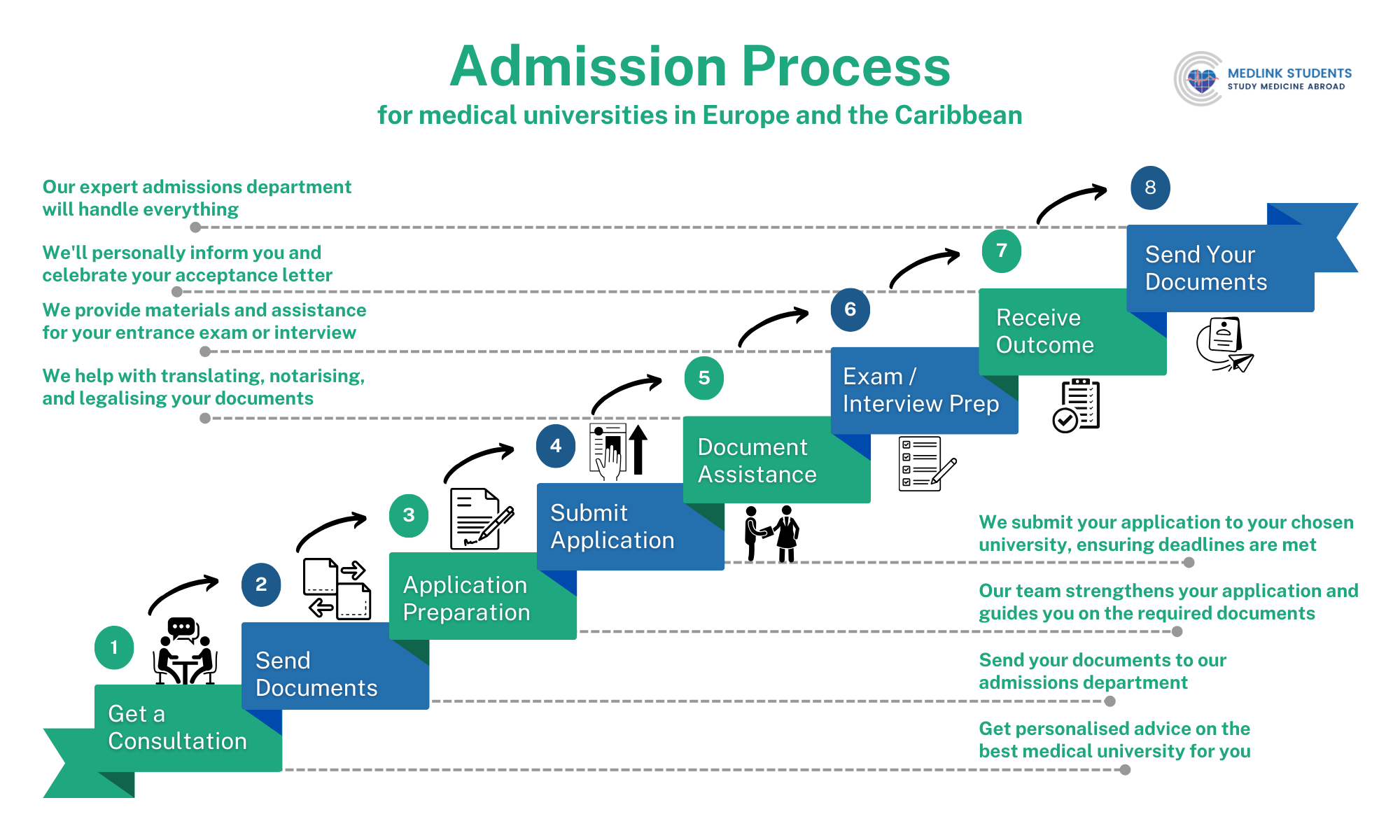

The competition for the Medical University of Silesia can be highly competitive, with the application journey often feeling overwhelming and challenging to navigate alone. The university has a comprehensive list of application requirements and legal procedures that must be fulfilled, including the submission of specific documents that need to be translated, notarised, and legalised. Failure to fulfil these requirements may lead to your application being rejected. However, you need not face this task alone. Our team of admissions experts, widely regarded as the best in Europe, specialises in managing all legal aspects to the last detail. Moreover, we have established a strong partnership with the Medical University of Silesia and possess extensive knowledge of the entire application process and entrance exam. Throughout the process, we will diligently handle your application, ensuring it meets the highest standards and significantly improves your chances of acceptance to this prestigious university. Additionally, we will provide you with exceptional study materials that comprehensively prepare you for the demanding entrance exam, making it much more manageable to overcome. By choosing Medlink Students, you can avoid the stress of applying and focus on preparing for the entry examination.
We can guarantee you entry into this top European medical school and will support you throughout your whole 6-year (or 4-year) study course.
Excelling in Medicine, Dentistry, Pharmacy means more than just attending your lectures at Medical University of Silesia. It’s about developing skills and confidence that will last a lifetime, helping you build a successful career. This is what the Student Success Programme (SSP) is all about - giving you proven study methods to help you make the most of your education and clinical training with a structured step-by-step roadmap made by doctors for future doctors.
From securing your place to become a healthcare professional, the SSP will be there to guide you toward a rewarding career. We also provide tailored entrance exam preparation with study materials and practice tests specific to Medical University of Silesia’s admission requirements.
Sign up for a free consultation today and find out if you qualify for this exceptional opportunity.
The study course emphasises clinical practice so that students can acquire practical skills as well as theoretical ones. Students would then graduate as well-refined medical doctors ready to start working or specialising right away.
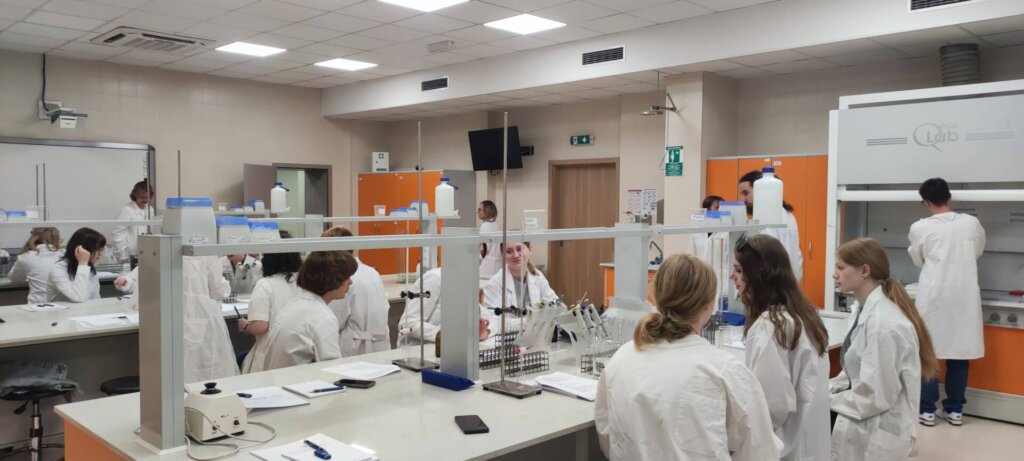

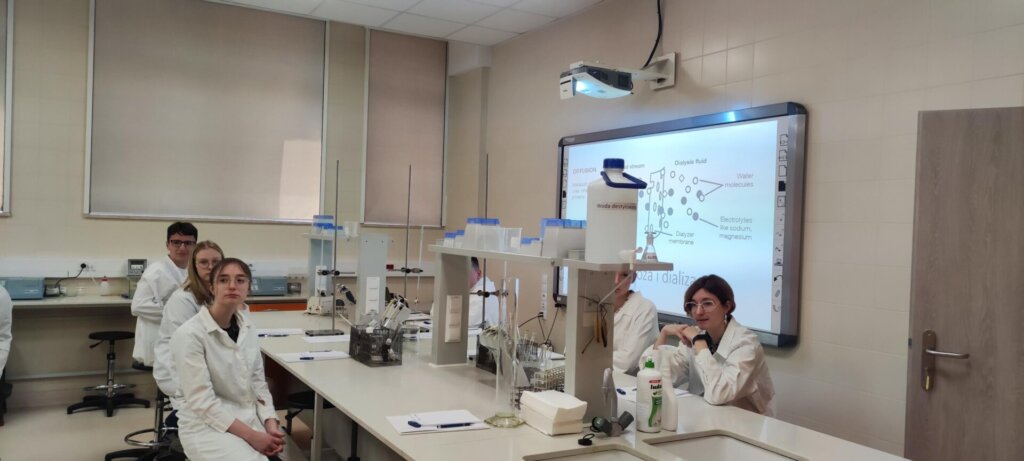

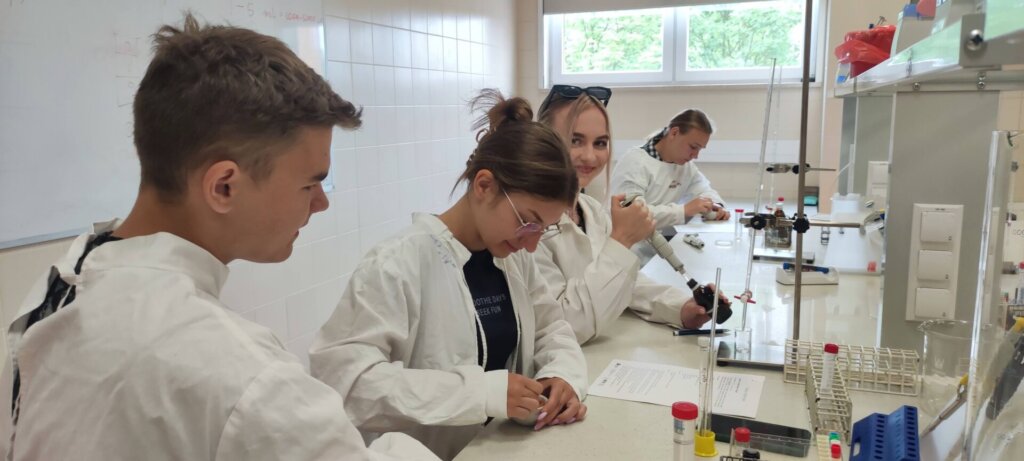

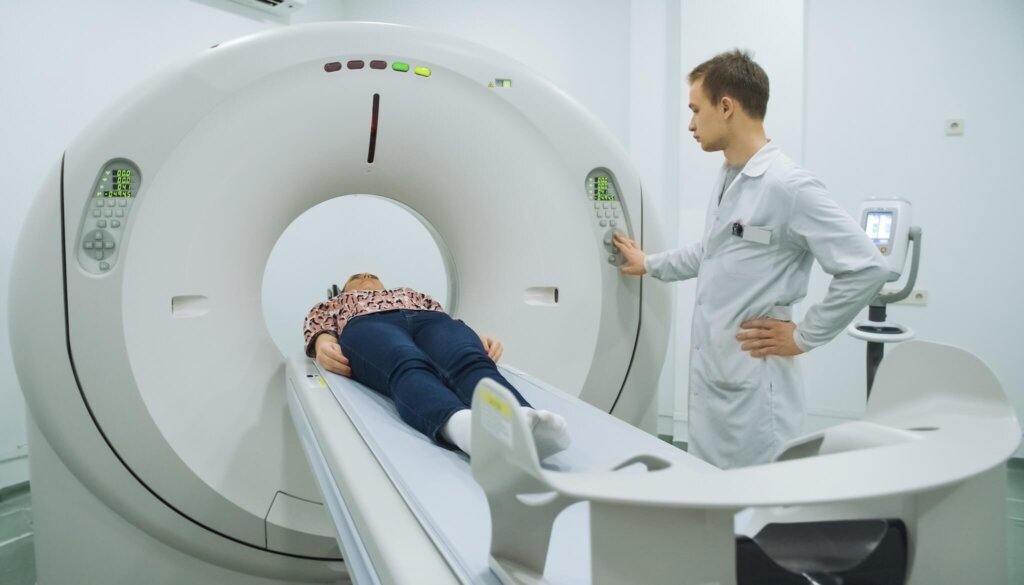

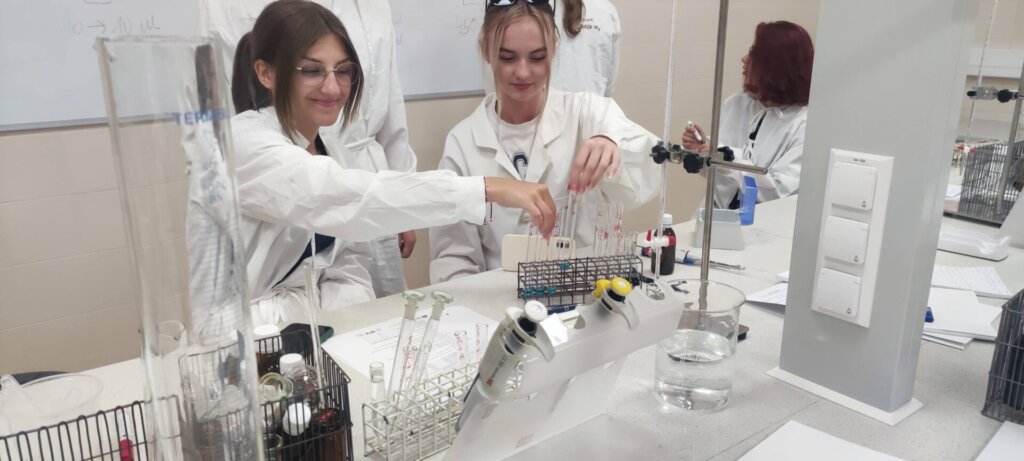

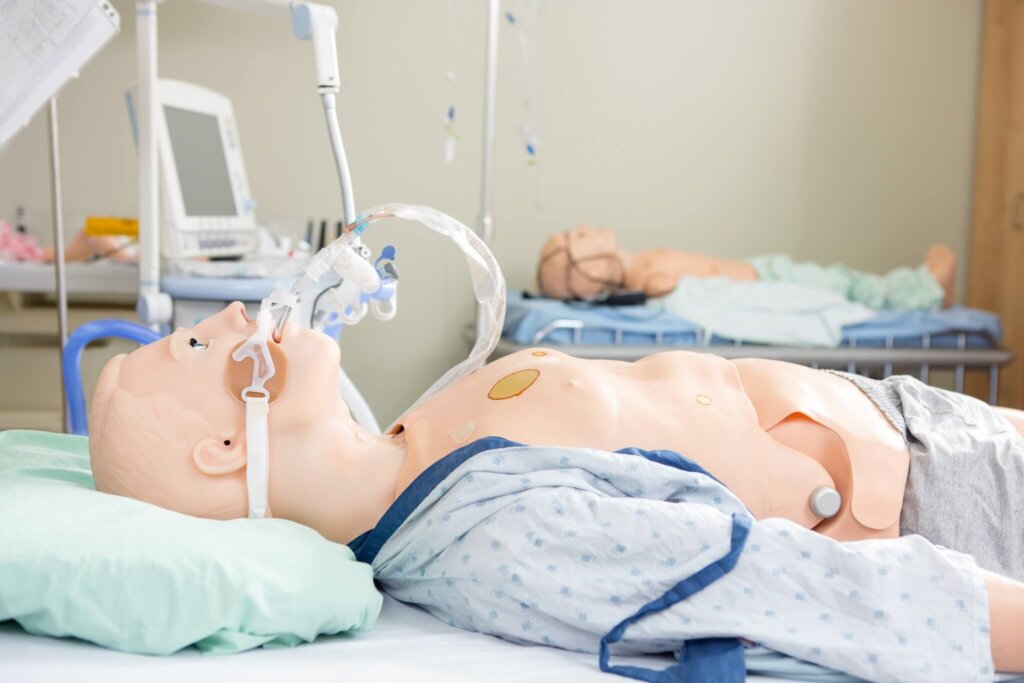

You will get an international degree in medicine when you complete your studies successfully.
The GMC recognises the Medical University of Silesia. To be accepted, the GMC’s requirements are: you will need to have graduated successfully in a course that contained at least 5,500 hours and lasted at least three years.
Universities in Poland, in general, meet the criteria for acceptance into the GMC
The university offers students accommodation in a dormitory located on the campus close to the basic science buildings in Katowice-Ligota.
There are 2 dormitory buildings, one is 7 floors, and the other is 8 floors. They are located at 26 Medykow Street, and 24 Medykow Street respectively. All rooms have access to the Internet and offer the following housing conditions:
Living costs are between - per month based on your spending habits (without rent).
If you prefer to rent an apartment instead of living in a dormitory, a one-bedroom flat can cost you around – , depending on its location.
As for free time activities, there’s enough for everybody. You can visit various parks, museums, concert halls and so much more. The nightlife is Katowice one every student should enjoy. There’s no shortage of clubs and other places of interest where you could enjoy some free time away from studying.
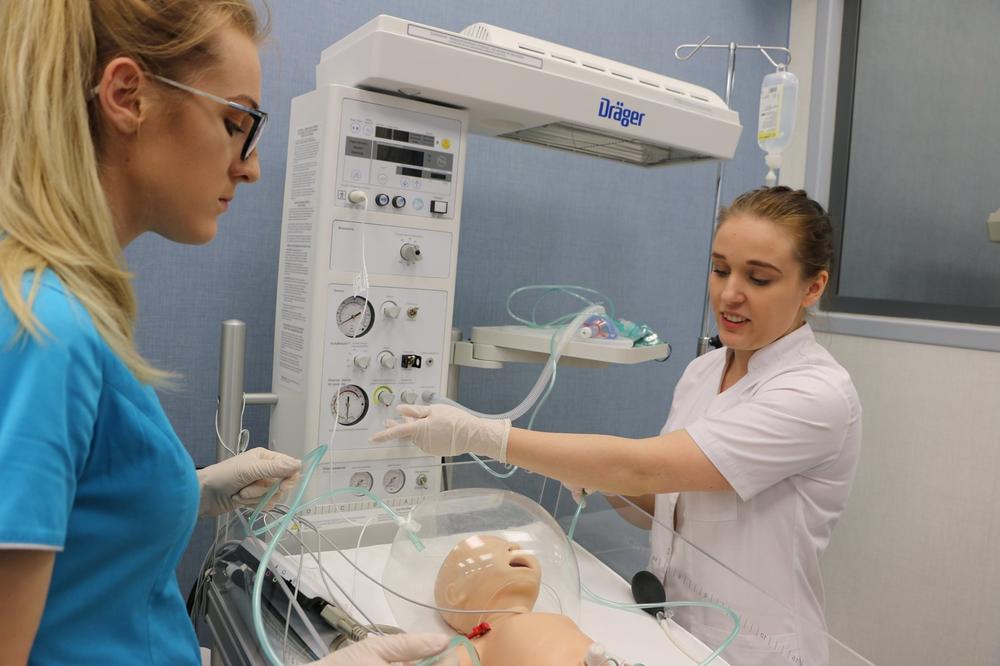

According to European standards, Katowice is a relatively young town with “only” 400 years of history. That’s why the city lacks any castles and palaces, but it has plenty of landmarks to entertain the local population and visitors.
Speaking of entertainment, Katowice is a big international centre for theatrical and stage events. The city hosts music festivals such as the Rawa Blues, the Tauron New Music Festival, the Silesian Jazz Festival, and the Mayday Festival, which attract hundreds of thousands of visitors.
Furthermore, while it has 300,000 people, Katowice is a very green city with many parks and peaceful residential areas. Aspiring doctors can enjoy relaxing walks along the scenic Klodnica and Rawa rivers. And if modern life gets too demanding, students can seek refuge in the woods. Yes, the woods! 42% of the city is forested.
Step into the vibrant city of Katowice, where a multicultural campus experience awaits. The university embraces students from various backgrounds, ensuring their unique needs are met. Mosques, churches, and synagogues stand as symbols of unity and worship.
Delight in a culinary journey with diverse options, from vegetarian to kosher and halal. Local culture fosters a safe and respectful environment, championing inclusivity. The faculty of medicine creates a welcoming atmosphere, valuing diversity and cultural backgrounds.
Typically, the winter semester starts on the 1st of October and ends on the 18th of February next year.
The summer semester begins in late February and ends in early June, and then you have the summer semester exam session. It usually takes place somewhere around early June until the end of June.










Language difference is absolutely not an issue. Every single one of my lectures is in English. You'll be surrounded by a massive English-speaking cohort. There are so many international students, and all the professors speak English really well. They have no trouble giving lectures or answering any of our questions. My experience at the Medical University Of Silesia is really good. It's a hard degree, but we have a lot of courses that will help you get into it. For example, instead of doing physiology, we have an intro to physiology, which covers the basics. They really ease you into the difficulty of it. At first, I struggled with the learning method. Here, it's a lot more independent, with a lot more learning through giving presentations instead of taking notes from them. At first, my classmates and I found it difficult to adapt, but we quickly adjusted. It gives us a lot more freedom in how we study and has really improved our public speaking skills.
The Medical University of Silesia is a fantastic place—very international. What I love about my class is that it's not too big. So I have direct access to professors and well-equipped labs. There’s an ongoing intensity in the courses; you have tests almost every week, and it keeps you on top of things. But it’s very positive because it ensures that you stay focused and organized. If you're considering studying abroad, I definitely recommend the Medical University of Silesia. It’s internationally recognized, and my degree will open doors worldwide. I can honestly say it’s been one of the best decisions I've made.
The Medical University of Silesia is located in the city of Katowice, Poland, at Bankowa 12. Katowice is among the greenest cities in Europe, with 42% of forested territory.
Yes. Transfers from other universities are possible.
Yes. Graduate entry students can start studying in the February or September intakes.
Tuition fees for the medicine course are per year. The dentistry programme costs per year.
It is accredited by the Polish Accreditation Committee. In addition, the Medical University of Silesia is recognised by the World Health Organisation through the World Directory of Medical Schools.
Yes. The university offers English-taught programmes for both general and dental medicine.
Yes. As of 2022, more than 50 graduates from the university have registered with the GMC.
Yes. The university administers its own entrance examination.
The university conducts an entrance examination. In addition, they consider the secondary school grades for Biology, Chemistry, or Physics.
The Autumn semester begins on the 1st of October and ends on the 18th of February next year. The summer semester begins in late February and ends in early June.
The deadline for submitting the application documents is one week before the entrance exam.
*Please verify program availability with your advisor, as intakes are subject to change.
The university has trained over 25,000 physicians since its foundation. It is the biggest medical school in Poland, and the English medical programme has trained thousands of international doctors.
Students at the Medical University of Silesia have the opportunity to complete clinical rotations in the USA through the university's partnership with Hope Medical Institute, as well as in the best clinical departments of the Medical University of Silesia itself. These rotations provide practical experience in diverse medical settings.